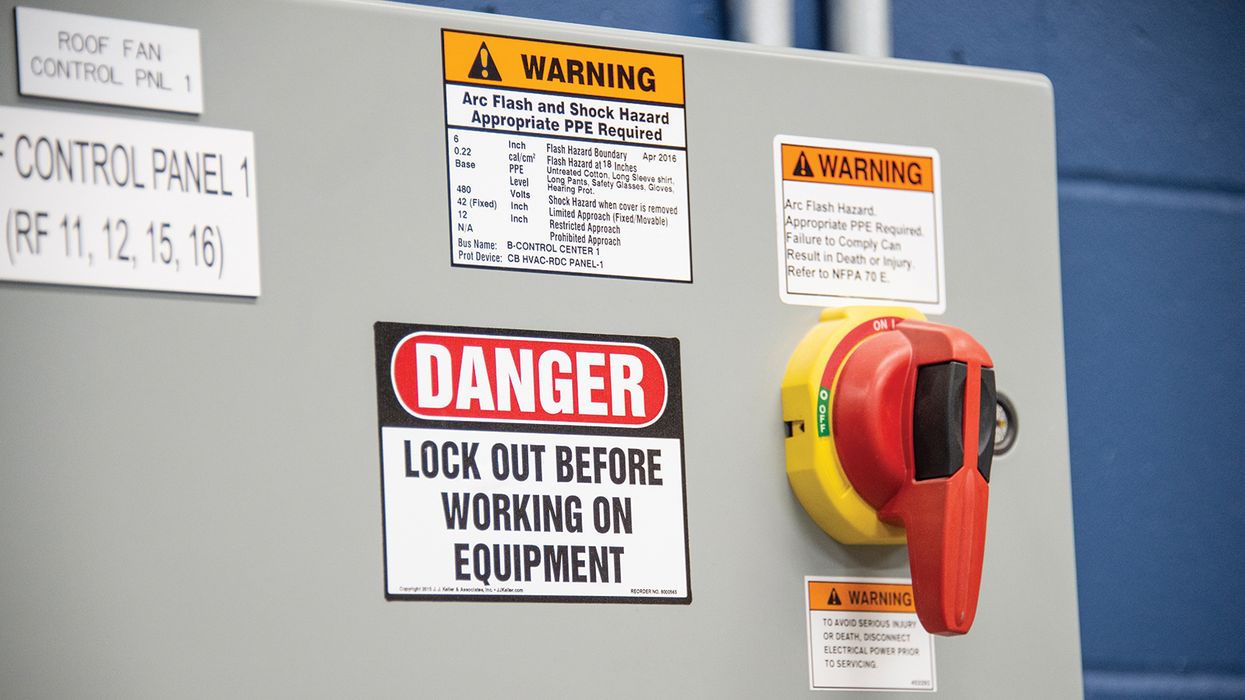5 top intermittent FMLA FAQs (and answers)
Intermittent leave has consistently ranked among the most pressing concerns for employers since the inception of the federal Family and Medical Leave Act (FMLA) in 1993. The unpredictability and suddenness of unforeseeable intermittent leave pose unique challenges for employers.
Employers in industries such as health care and transportation, particularly struggle with intermittent leave, as they rely on the attendance of employees with particular skills and licenses.
Over the decades, certain intermittent leave questions have bubbled to the top of the list. Answers, too, have developed.
1Q: Are eligible employees always entitled to take FMLA leave intermittently?
A: No. Eligible employees are entitled to take FMLA leave intermittently:
- When medically necessary for their own or a family member’s condition,
- Before adoption or foster care placement for it to proceed, and
- For qualifying military exigencies.
Employees are not automatically entitled to intermittent FMLA leave to bond with a healthy child.
When leave is needed for planned medical treatment, employees must make a reasonable effort to schedule treatment so as not to unduly disrupt employer operations, subject to the approval of health care providers.
2Q: May employers change an employee’s job when the employee takes intermittent leave?
A: If an employee needs intermittent leave for planned medical treatment the employer may transfer the employee temporarily to an alternative job with equivalent pay and benefits that accommodate recurring periods of leave better than the employee’s regular job.
After an employee no longer needs leave, the employer must return the employee to their position or an equivalent one.
If, however, the leave is not for planned medical treatment, when the leave is unforeseeable, the employer may not transfer an employee.
3Q: May employers ask employees for doctors’ notes for each instance of intermittent leave?
A: No. Employers may request an initial certification supporting the need for the leave, and may ask for recertifications every now and then, but asking for doctors’ notes is like asking for recertifications, so those requests would need to follow the recertification restrictions.
4Q: May employers hold employees to company usual and customary call-in policies and procedures when they take intermittent leave?
A: Yes, absent extenuating circumstances. If, for example, an employee is physically unable to meet the policy and procedure requirements, the employer must be flexible. If an employee has no justification for not following the policy, the employer may deny the FMLA leave.
5Q: If an employee needs only two hours of leave, may the employer require the employee to take a full day of leave?
A: No. The employer may not require an employee to take more leave than is necessary to address the circumstances that triggered the need for the leave.
The employer must account for FMLA leave using an increment no greater than the shortest period of time they use to account for use of other forms of leave provided that it is not greater than one hour and provided further that an employee's FMLA leave entitlement is not reduced by more than the amount of leave actually taken.
If an employee is using company-provided paid leave, which requires an employee to take the paid leave in, for example, four-hour increments, the employer may require the employee to take four hours of leave to get the company benefit.
Key to remember: Unforeseeable intermittent FMLA will continue to be a challenge, but employers can benefit from knowing what they may and may not do to comply with the law.


























































